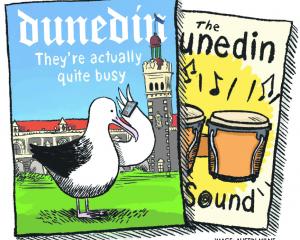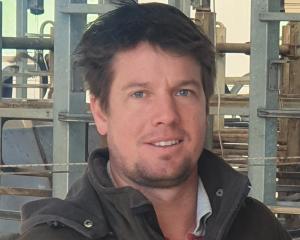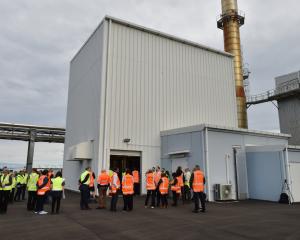Millie Hardiman was told she had anorexia — but she actually had a rare condition that made eating extremely painful.
However, the 22 year old says she was put in a mental health hospital and force-fed for two months due to the health system’s refusal to listen.
She underwent life-saving surgery in Europe earlier this year for Ehlers Danlos syndrome (EDS), a connective tissue disorder affecting every part of her body and causing dangerous abdominal vascular compressions.
Now she and fellow Dunedin survivor Melissa King (27) are speaking out about the traumatic experience of being brushed off by the health system while critically unwell.
Eating was very painful due to the digestive problems caused by the condition, and for a long time Miss Hardiman had weighed about 26kg.

"It is gaslighting, and that was really problematic because they wouldn’t do testing, I couldn’t get treatment, and I was being grossly mistreated."
In 2018 she spent more than two months at Christchurch’s Princess Margaret Hospital, a traumatising experience.
"I saw a doctor for probably an hour, being generous, the whole two months that I was there.
"There wasn’t really anyone overseeing me, it was just force feeding ... for someone with compressions and gastro-intestinal problems, it was living hell, it was excruciating."
She was finally diagnosed in 2019, and her eventual life-saving journey to Spain for surgery in April cost about $140,000.

However, she was still struggling with the underlying condition, EDS, which was creating other gastrointestinal problems that would need treatment.
She hoped raising awareness would prevent others from being mistreated as she had been.
Doctors needed to listen to patients, and not simply assume young, underweight females had eating disorders.
There needed to be a lot more support and funding available for those with rare disorders, especially non-preventable ones.
Her mother Janine Hardiman sold her home to fund the trip to Spain.
After a bid for treatment in Germany failed in 2021, her daughter was close to death.She was in agony, but was refused assisted dying because doctors disagreed about if she would survive six more months.
"We were abandoned by everybody, and you just don’t want that to happen to everybody, let alone your own child."
Most healthy people were unaware of the lack of support and trauma the medical system could sometimes inflict, she said.
Miss King also had life threatening abdominal vascular compressions and EDS, and was also told she had an eating disorder.
It took a toll on her mental health, as people were taught to trust doctors, and she knew she wanted to eat but could not.

The former Zumba instructor was building her strength back up, and was able to eat again.
"It was just the best feeling — it's almost like you’re a child on Christmas day. "
However, the travel and surgery costs were more than $120,000.
She called for both better awareness of the condition, and more support for others through the government High Cost Treatment Pool, which she had been denied access to.
She was grateful to the German medical staff and everyone who made the surgery possible.

HNZ aimed to provide evidence-based assessment and treatment aligned with best evidence, he said.
"If patients are concerned about their access to care, we would encourage them to liaise with their primary care team or make further contact with the specialist team."
Overseas treatment for rare conditions was supported by the High Cost Treatment Pool, which specialists could apply to if treatments were supported by clinical experts in New Zealand.
Both women have set up Givealittle pages:
Advertisement













